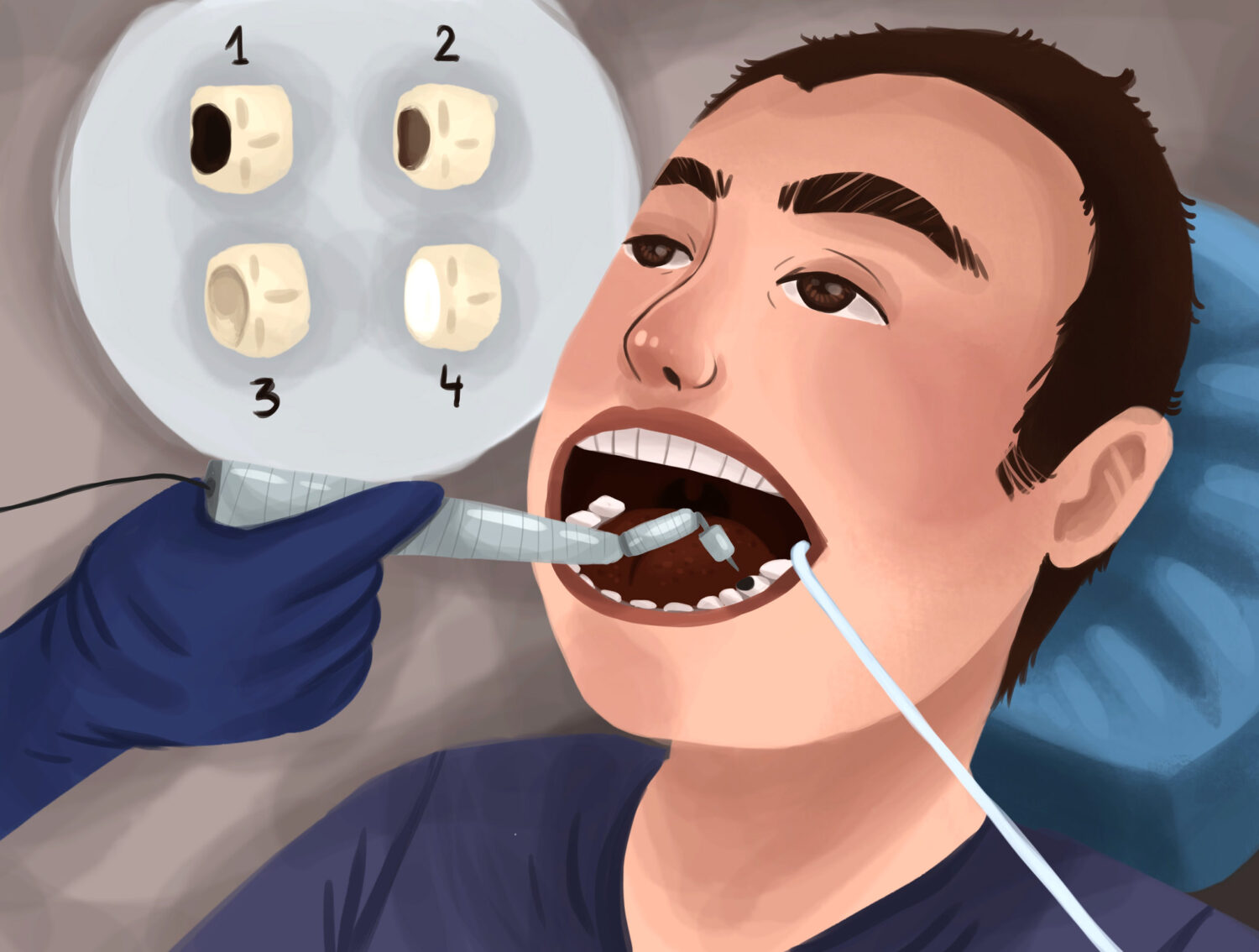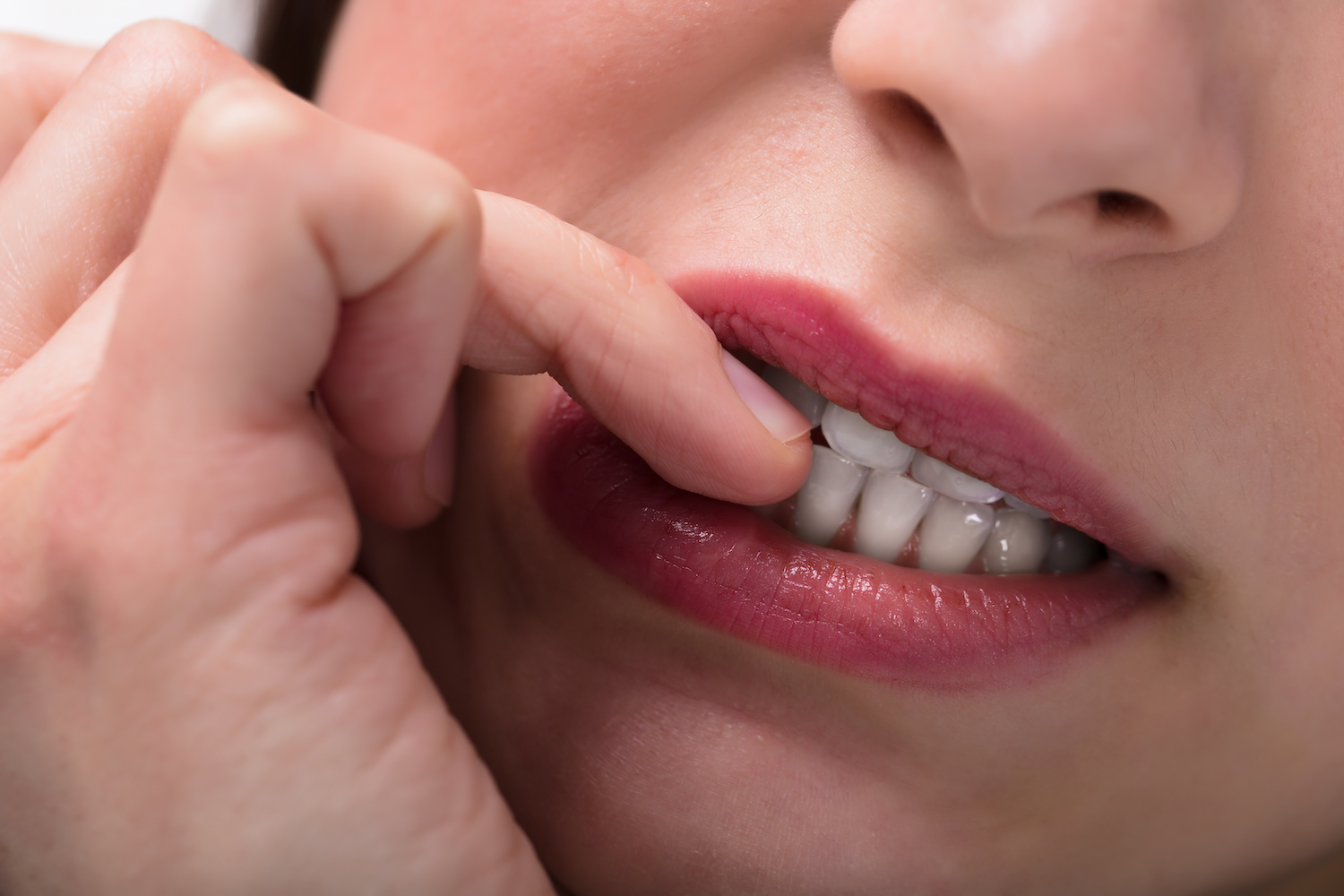In this post, we share practical and interactive ideas for parents to celebrate Children's Dental Health Month with their kids.
Can Tooth Enamel Be Repaired?

Your tooth’s outer layer, called the enamel, is its first line of defense against tooth decay. This protective layer shields the tooth’s inner layers, the dentin and pulp, from damage and bacteria. While your enamel is incredibly durable, it isn’t indestructible. Your daily habits of eating, drinking, and dental hygiene can all affect your enamel’s ability to fight off decay and demineralization. With proper care, you can reverse early-stage tooth decay and repair enamel that has begun to weaken. Read on to learn how you can help protect your teeth from permanent damage!
When Enamel Is Beyond Repair
Plaque is the sticky film of bacteria that adheres to the surfaces of your teeth and along the gumline. The acidic substances produced by plaque as it feeds upon your dietary sugar can lead to enamel erosion and eventually cavities. The first sign of tooth decay is a white spot on the teeth, which means it has begun to demineralize. At this point, the weakening can be reversed or helped with remineralization. But once a hole, or cavity, begins to form, the enamel has been permanently damaged and it’s too late to naturally reverse the effects. For proper treatment, you’ll need to come into our office. We can often repair your tooth with a simple filling, though more advanced decay cases will require root canal therapy.
How to Strengthen Teeth
Your teeth are constantly losing and gaining minerals that help them remain strong. Sufficient remineralization of the teeth is needed to prevent tooth decay. Because certain foods and oral health habits can either strengthen or weaken them, you want to focus on limiting demineralization and promoting remineralization.
Limit Demineralization
Poor oral hygiene, tobacco use, excessive alcohol consumption, dehydration, and a diet high in sugar and refined carbohydrates increase your risk of demineralization and tooth decay. Limit these factors by brushing and flossing your teeth twice a day for two minutes each time, quitting or avoiding tobacco products, limiting your consumption of alcohol, drinking plenty of water, and reducing your sugar intake. This includes avoiding sugary gum!
Promote Remineralization
To keep your teeth free of plaque and tartar, maintain regularly scheduled dental visits and daily brush and floss your teeth. Fluoride is a natural mineral that strengthens teeth. When you brush with a fluoride-containing toothpaste, you’re protecting your enamel and helping to repair early signs of tooth decay. You can also expose your teeth to fluoride by drinking fluoridated tap water or getting a fluoride treatment at the dentist. Drinking enough water and promoting the production of saliva are also ways to remineralize teeth. They act as natural rinses to cleanse teeth of food particles and bacteria. Additionally, eat a balanced diet packed with tooth-strengthening nutrients like calcium, phosphorus, and vitamin D.
Consult with Our Expert Team!
For more information about how to keep your enamel strong, talk to us at your next appointment. We’d be happy to help you keep your teeth cavity-free for a lifetime.









